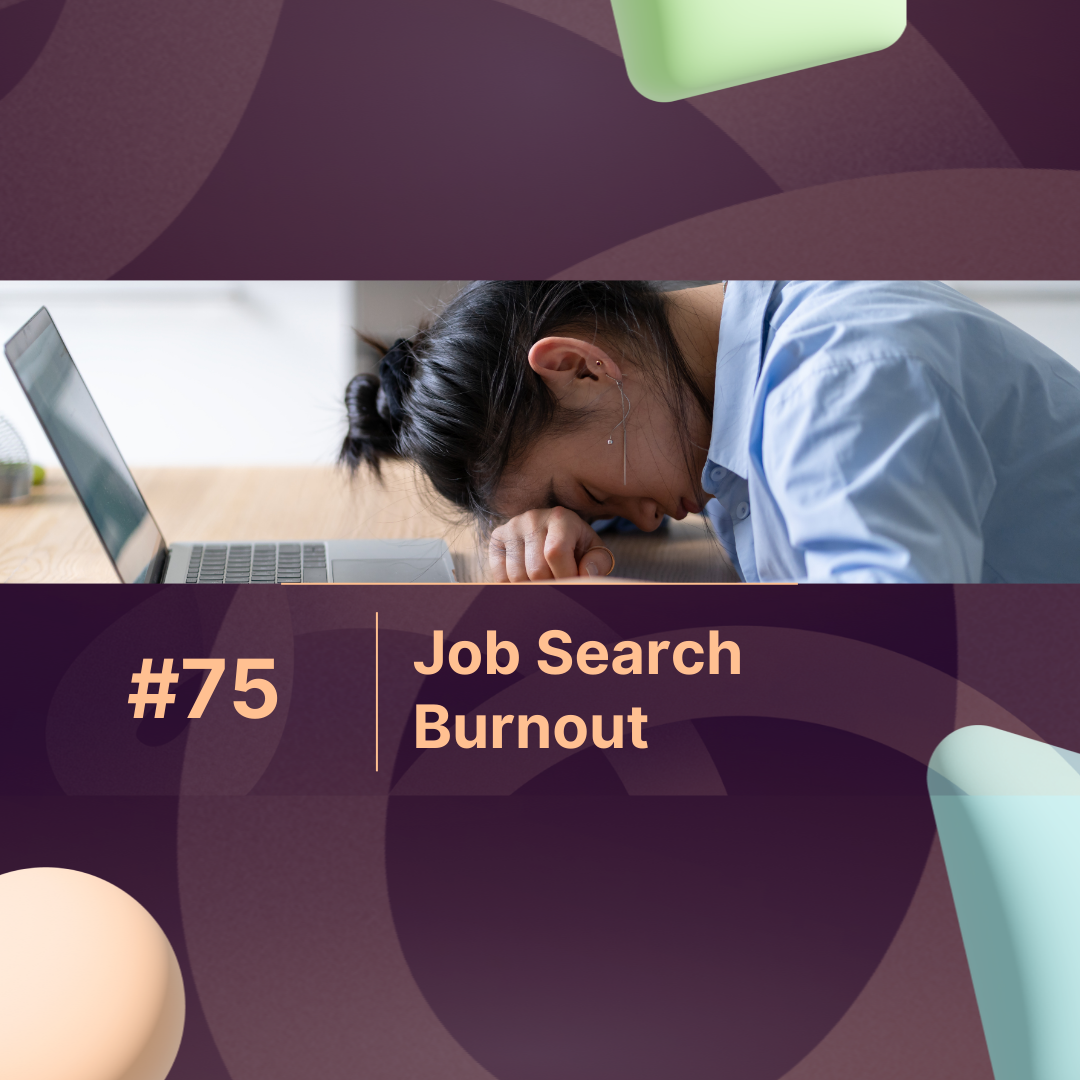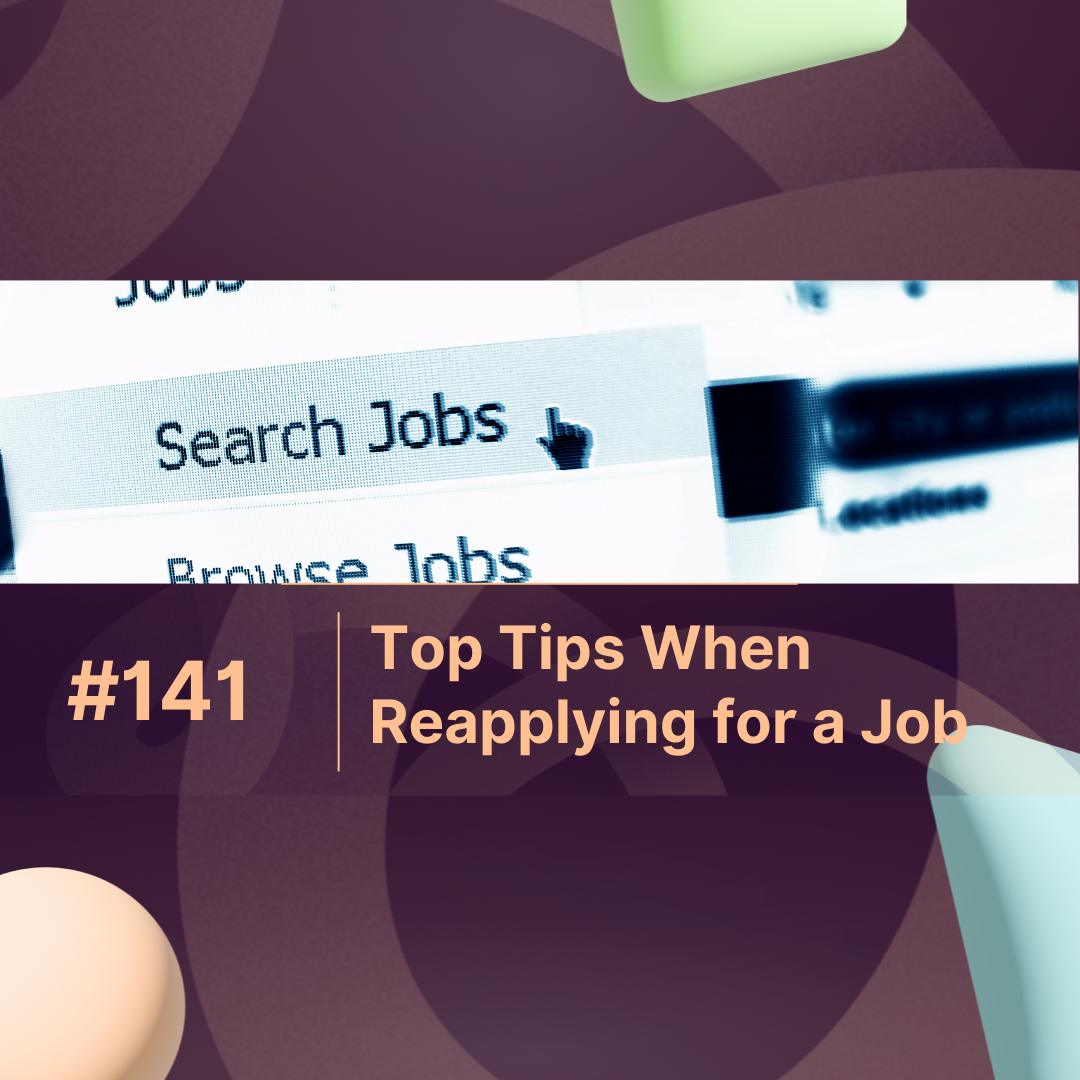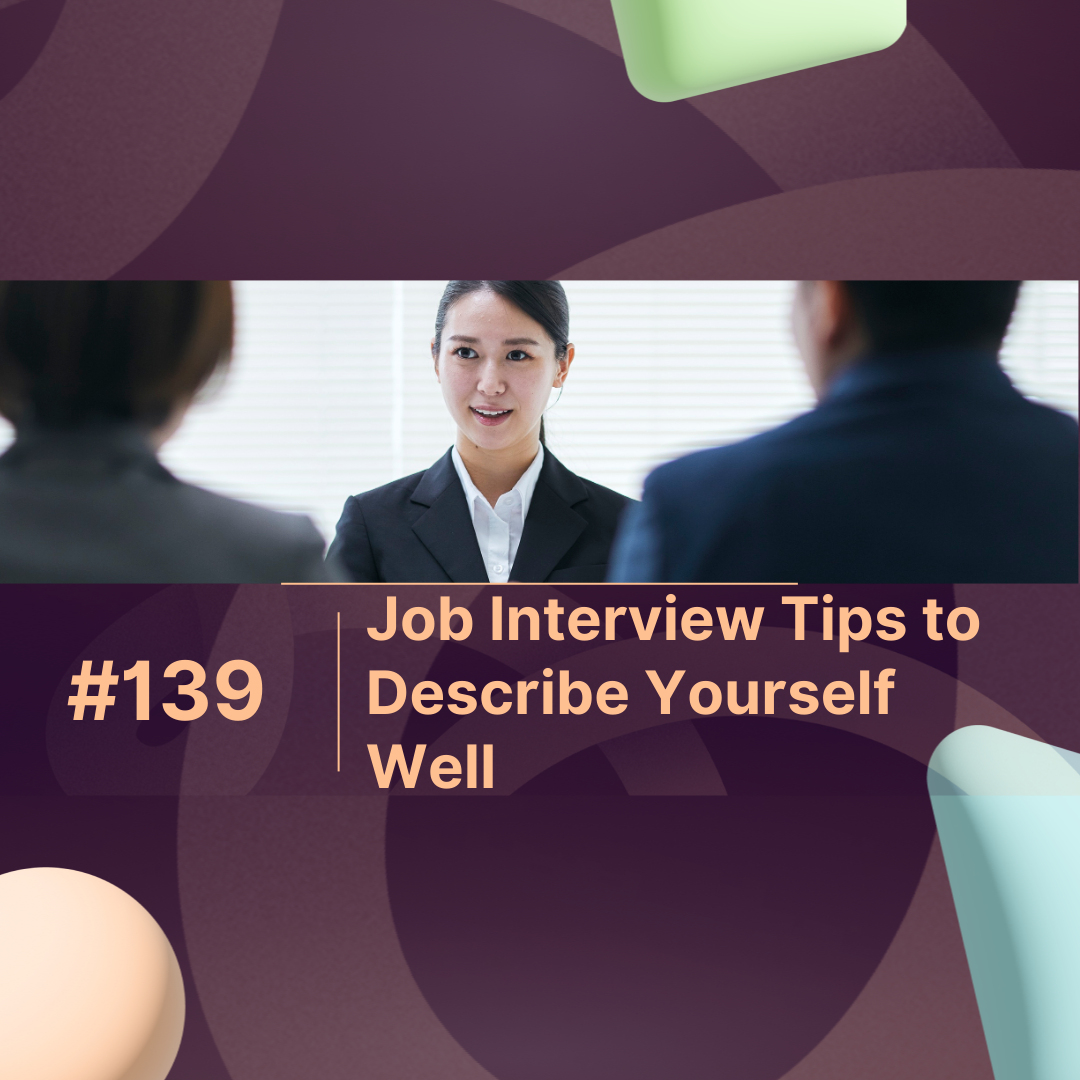Overview
Feeling drained, discouraged, and ready to give up on your job hunt? You might be experiencing Job Search Burnout a real and growing challenge faced by professionals navigating long hiring processes, constant rejections, and the emotional rollercoaster of modern recruitment.
If you’ve been applying endlessly and hearing nothing back, it’s not your imagination the job market has become more competitive than ever. The good news? Burnout is manageable, and with the right mindset and strategy, you can regain confidence, energy, and focus in your search.
Let’s explore what Job Search Burnout really is, how it impacts your motivation, and what steps you can take to stay resilient when rejections start to pile up.
What Is Job Search Burnout?
Job Search Burnout is the emotional and mental fatigue that comes from prolonged job hunting without positive results. It’s a blend of stress, disappointment, and self-doubt that often leads candidates to stop applying altogether even when opportunities exist.
This kind of burnout doesn’t just affect your motivation. It impacts sleep, self-esteem, and even how you perform in interviews. When you’re emotionally exhausted, confidence naturally drops and hiring managers can sense it.
Common Signs You’re Experiencing Job Search Burnout
If you’re unsure whether you’re facing burnout or just frustration, watch for these early warning signs:
| Sign | What It Looks Like | What It Means |
|---|---|---|
| Constant fatigue | You dread checking job portals | Emotional overload from rejections |
| Loss of motivation | You apply less or skip opportunities | Burnout has lowered your energy |
| Negative self-talk | You start doubting your skills | Self-confidence erosion |
| Isolation | You avoid friends or peers | Social withdrawal due to rejection stress |
| Irritability | You feel angry or hopeless | Prolonged stress response |
Recognizing these signs early helps you take control before burnout deepens.
Why Job Search Burnout Happens
Burnout often stems from unrealistic expectations and repeated rejection cycles. Modern recruitment involves automated screening systems, skill-based assessments, and delayed feedback. It’s easy to feel like your efforts don’t matter.
Add to that constant comparisons on LinkedIn or social media, and the emotional load multiplies. Candidates begin to internalize rejection seeing it as personal failure rather than a natural part of the process.
Platforms like MaxProfile show how recruiters often use AI-driven screening tools. This means rejection doesn’t always reflect your worth sometimes, it’s just an algorithm filtering by keywords or formatting.
Understanding this reality helps shift perspective: rejection isn’t you being unqualified — it’s data being misread.
How to Overcome Job Search Burnout
1. Reset Your Routine
If you’re sending out dozens of applications daily, pause. Create a schedule with dedicated time for applications, rest, and skill-building. Burnout often comes from overexposure — not the job hunt itself.
2. Redefine Success
Instead of measuring progress only by “getting hired,” celebrate smaller wins: completing a course, refining your resume, or getting a recruiter response. Progress is cumulative, not instantaneous.
3. Personalize Your Applications
Generic resumes and cover letters can feel like shouting into the void. Tailor each submission to the job description this increases visibility and gives you a sense of ownership over each effort.
4. Seek Community Support
Job searching can feel isolating, but you’re not alone. Join professional groups, online communities, or even career coaching platforms. Talking with others experiencing the same journey can normalize rejection and re-energize your efforts.
5. Protect Your Mindset
Don’t let rejection redefine your identity. Employers reject applications, not people. Use affirmations, mindfulness, and even short digital detoxes to protect your energy and confidence.
Strategies to Stay Motivated During Long Job Searches
| Challenge | Reframe or Action Step |
|---|---|
| Feeling invisible after no replies | Follow up after one week with a polite email |
| Too many rejections | Treat them as redirection — not failure |
| Comparing yourself to others | Focus on your unique skills and journey |
| Losing confidence in your resume | Get a free resume scan via modern tools like MaxProfile |
| Feeling mentally drained | Take a day off completely no job boards, no LinkedIn |
Small adjustments in mindset and process can make a big difference in energy and consistency.
The Role of Technology in Reducing Job Search Stress
Tools like AI resume analyzers, ATS scanners, and career insights dashboards can ease stress by providing data-driven feedback. Instead of guessing why your application failed, you can fix formatting, keyword alignment, or profile visibility.
Using these resources such as those integrated in MaxProfile’s platform can help candidates focus on improvement rather than uncertainty. That clarity reduces emotional fatigue and rebuilds motivation.
Conclusion
Job Search Burnout is real, but it’s not permanent. It’s a sign that you’ve been working hard and caring deeply about your future and that’s something to admire, not judge.
Take breaks when needed. Redefine what success looks like. Seek feedback, stay connected, and use smart tools to make the process easier. Every rejection brings you closer to the right fit the key is to keep showing up, one thoughtful application at a time.
Remember, it’s not about how many times you’re told “no” it’s about how you stay ready for the “yes.”
FAQs on Job Search Burnout
1. What is Job Search Burnout?
It’s a form of mental and emotional exhaustion caused by prolonged job searching without results, leading to stress and loss of motivation.
2. How do I know if I’m experiencing Job Search Burnout?
You may feel anxious, tired, or disinterested in applying for new roles. Negative self-talk and withdrawal are common signs.
3. What’s the best way to deal with constant rejections?
Reframe rejection as redirection. Use it as feedback to adjust your resume, strategy, or application focus.
4. Can technology help prevent Job Search Burnout?
Yes. Resume optimization platforms like MaxProfile can help align your profile with recruiter systems, improving your chances of getting noticed.
5. How long should I take a break from job hunting if I feel burnt out?
Take a few days to a week off to reset mentally. Use that time to recharge, reflect, and return with fresh focus.



